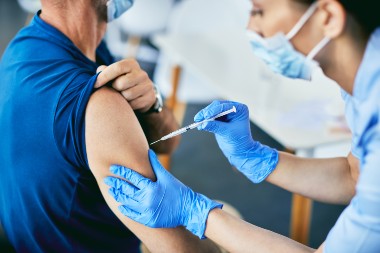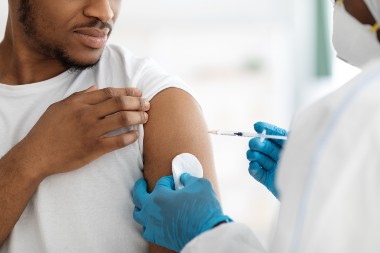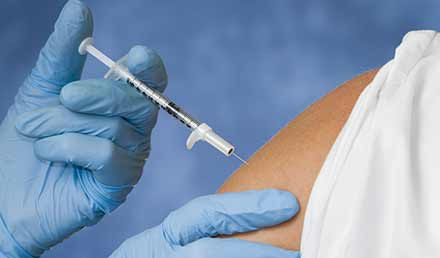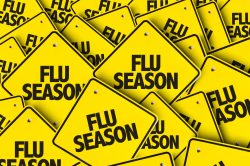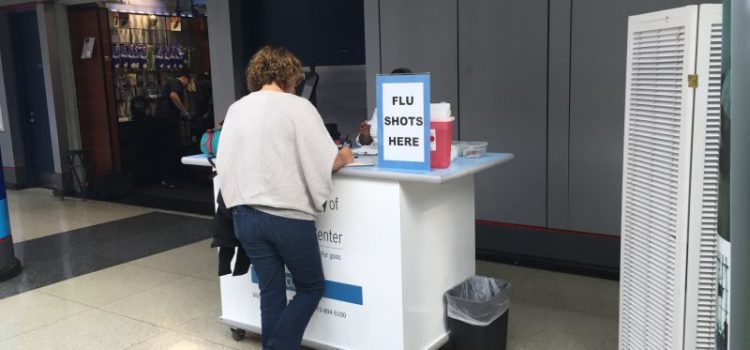Healthcare workers receiving a COVID-19 booster vaccine had a 45% lower risk of having symptoms 6 weeks after infection, as published in Open Forum Infectious Diseases. From December 2021 to April 2022 (during the omicron period), workers who had COVID-19 and had also received a 3rd COVID-19 vaccine dose had a lower prevalence of any symptoms compared to those who did not have a 3rd dose when measured at 6 weeks post-infection (adjusted odds ratio …
Read More